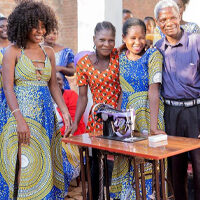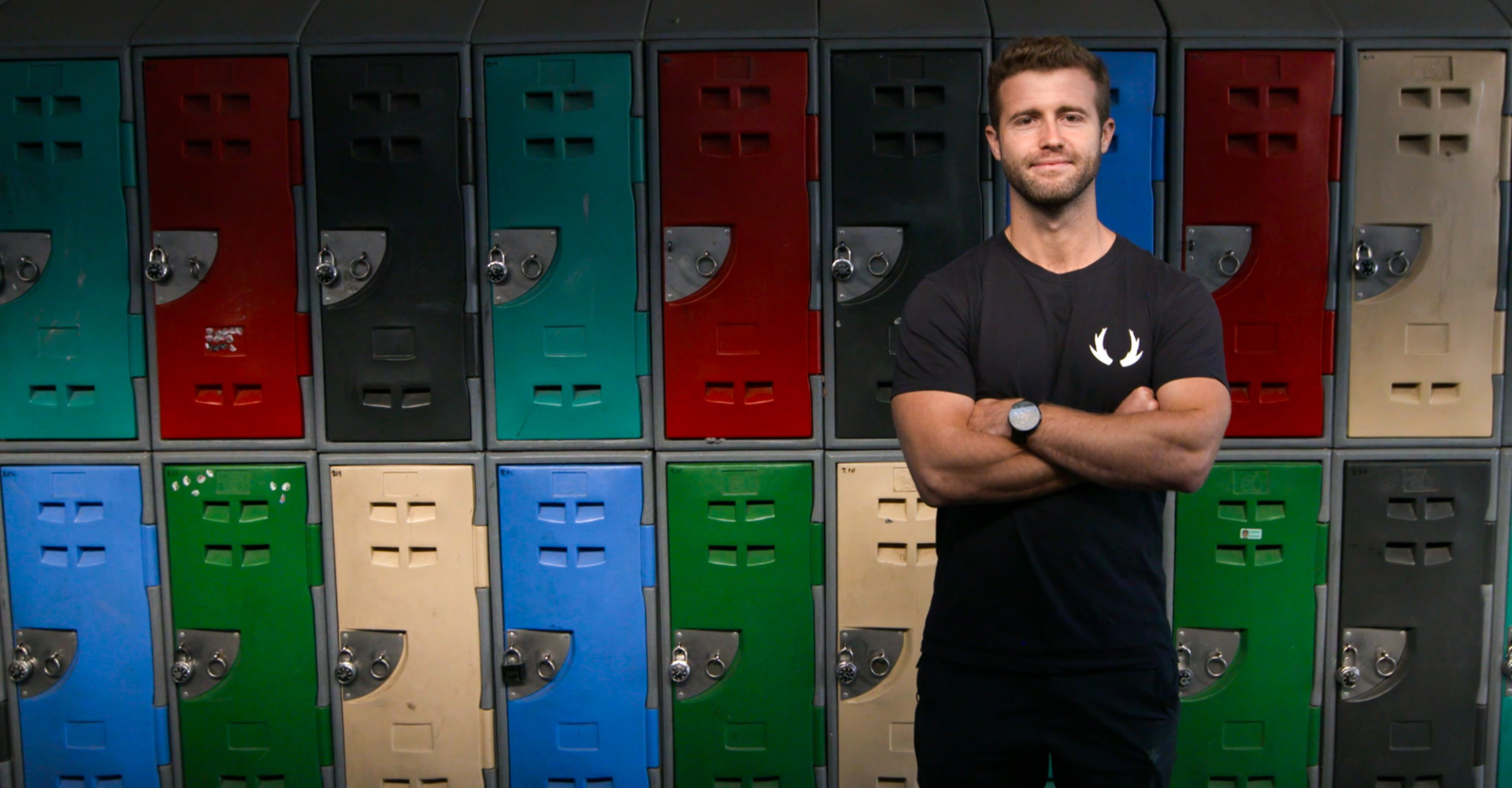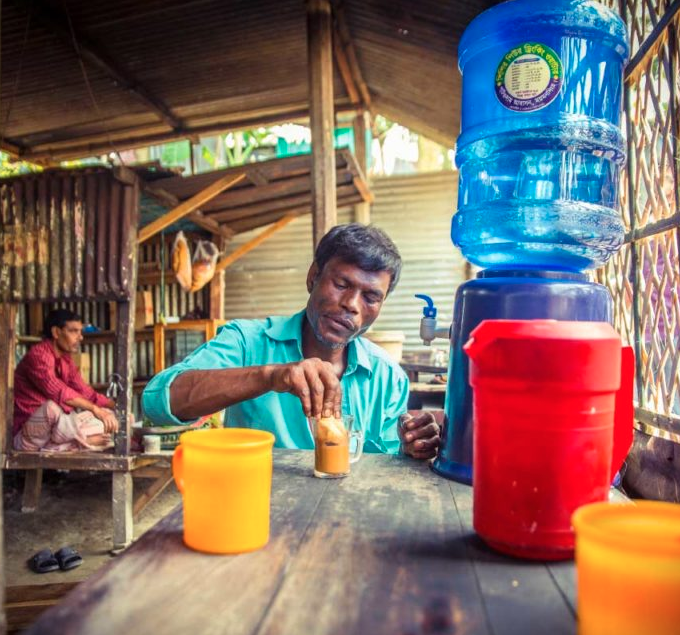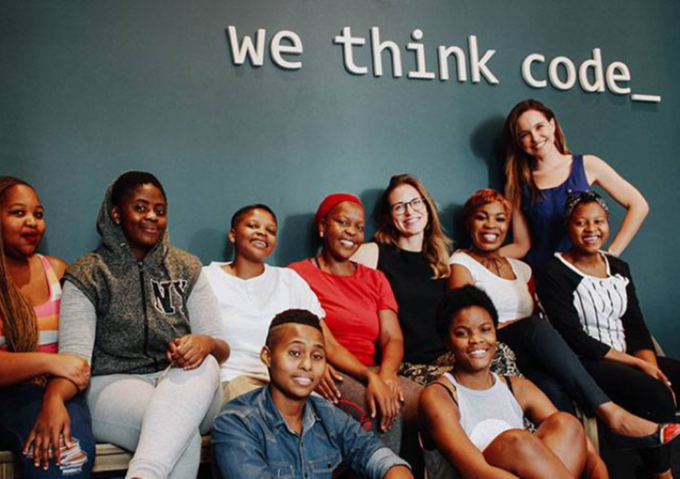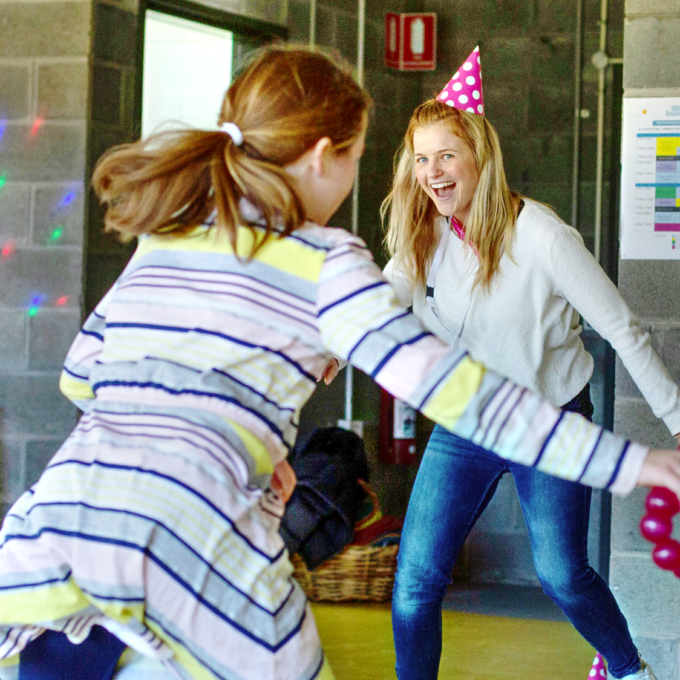Founded by Hunter Johnson and Jamin Heppell, The Man Cave is tackling the increasing rates of mental health challenges for men and boys in Australia, where suicide is the leading cause of death for young men under 25.
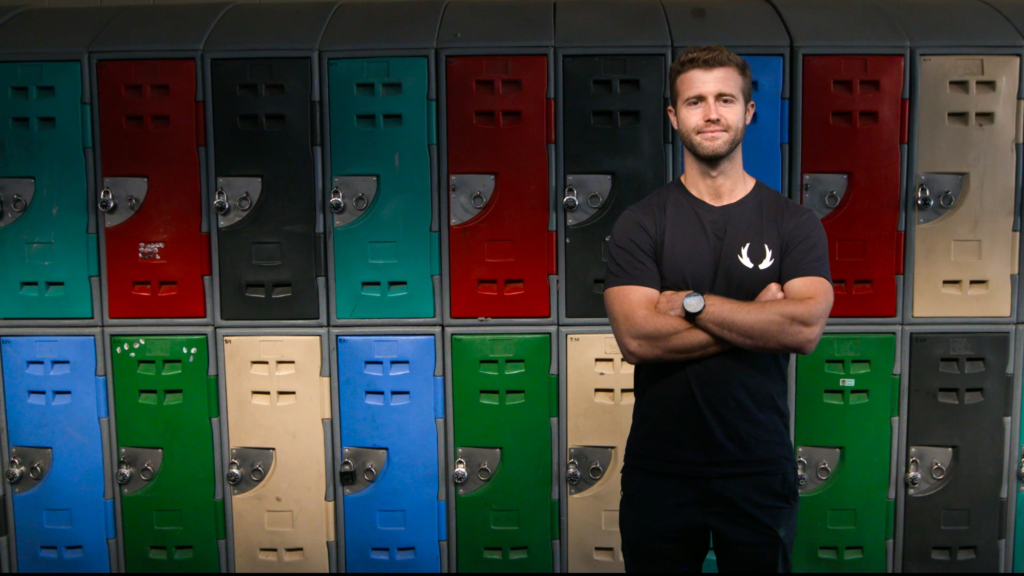
The Man Cave is a preventative mental health and emotional intelligence organisation for boys and young men aged between 13-18 years. Since launching, it has worked with over 5,000 young men across Australia.
Frustrated by traditional support systems and the focus on crisis management and reactionary solutions, with little focus on preventative measures, Hunter and Jamin instead work with teenage boys as they construct their beliefs around masculinity. The aim is for them to develop social and emotional strategies through The Man Cave that will become lifelong tools and, ultimately, break the cycle of mental health issues before they can develop.
Holistic approaches are used to achieve long-term behaviour change, with relatable, highly trained facilitators delivering programmes covering:
• Youth workshops and camps for schools & sporting clubs
• Role Model workshops & camps for parents, teachers, and mentors
• Community Events for public talks and hosting men’s groups
• Thought Leadership though keynote speaking, data & impact evaluation, and facilitator training
The programmes are co-designed with mental health experts, young people, teachers, parents and youth-engagement specialists to ensure they are relevant, engaging and impactful. Their structure is designed to foster emotionally-rich, ‘male-positive’ sharing environments, where openness creates trust, confidentiality and peer support.
For Hunter, this openness is crucial: “In my experience, often as men, our masculinity is conditioned, policed and validated by rules that we didn’t make but still enforce. Often, we celebrate someone’s manhood based on their athletic prowess, bedroom conquests, economic success, and how little emotion they show. It’s intimidating to confront everything you’ve grown up identifying with; it takes real courage to challenge worn-in stereotypes; and it’s hard not to turn to short-term escapes like alcohol and drugs to numb the pain. Again, this is not about throwing away our masculine traits but it’s about embracing more of our humanity.”
A typical one-day workshop with 13-16 year old young men begins with ice-breakers and high-energy games, followed by contextual discussion about why a programme like The Man Cave exists. Often, very few on the course will have had a safe space to talk about the challenges they have experienced as young men; from bullying, school pressure and puberty, to living in a culture of masculine judgement or dealing with family setbacks.
Realising they are not the only ones facing challenges encourages attendees to begin sharing their emotions, and many develop a deep empathy for others’ experiences. This reflection and understanding then enables conversation about the kind of culture they want to create, and the support structures and resources which could build it.
The Man Cave aims to make its programmes readily available to every young man, parent and teacher across Australia and the world. By focussing on organisational sustainability, building a cohort of highly trained staff and facilitators, and digitising the curriculum so that it is replicable and scalable, it hopes to have local community leaders delivering The Man Cave in their own way, in their culture and in their language.



